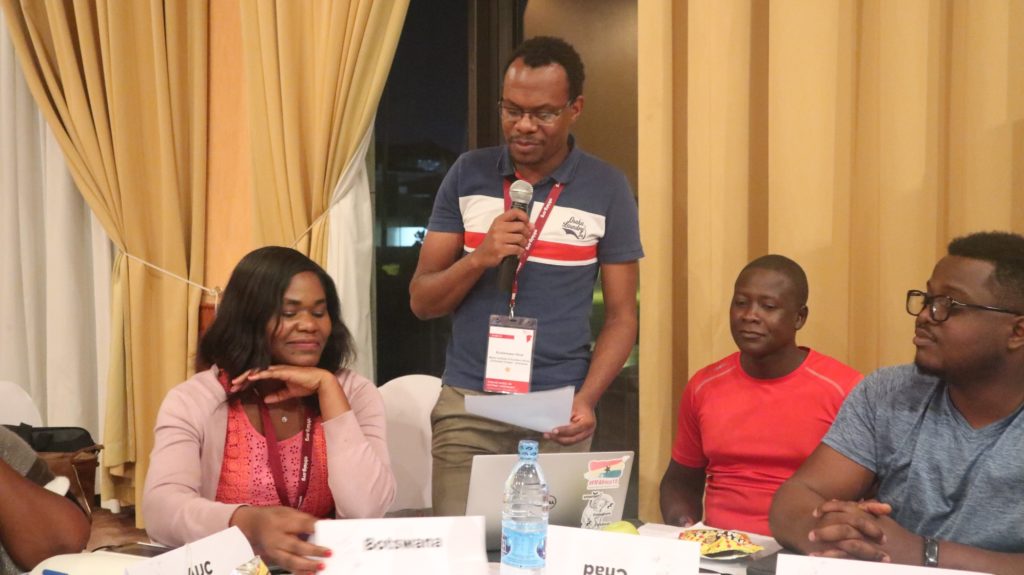
The seventh edition of the African School of Internet Governance has come and gone. I am grateful to the Association for Progressive Communications (APC) and Deutsche Welle for the joint support that made my participation at this year’s edition of the School possible.
During the five-day event, various faculty members discussed the internet through different lenses, leading to a more holistic understanding of internet governance.
The one theme that stuck with me, however, was the role that African governments play in the shaping of global internet governance standards, norms and policies.
Since the internet by its very nature cuts across national borders, its regulation must involve as many national governments as possible. Furthermore, different entities use and contribute to the internet we know today. These entities include major corporations such as Facebook and Google, non-commercial entities, and other forms of private entities. All these entities must, ideally, have a stake or say in how the internet is regulated.
The above reality means that proper regulation of the internet must factor in the varied interests of the multiple stakeholders that make use of and contribute to the internet in one way or another. Realising this, the United Nations convenes the multi-stakeholder Internet Governance Forum (IGF) on an annual basis to discuss issues of common interest to the various users of the internet.
African governments are one class of stakeholders that must contribute to the shaping of internet policy in a way that promotes safe, inclusive use of the internet in each of Africa’s respective countries. On paper, this is an easy proposition, but the reality is different.
A major complication in the multi-stakeholder approach to internet governance is the fact that the respective stakeholders advocate for standards and policies that promote their respective interests – even if the adoption of that standard or policy places other stakeholders at a disadvantage.
Corporations, for example, have the financial resources to push for positions that advance their interests. African governments, however, do not have the same amount of financial resources. For example, Nigeria currently has the largest economy in Africa with a nominal GDP estimated at USD 444 billion for 2019. Despite its size, Nigeria’s economy is worth less than half of Google’s value, estimated at USD 859 billion!
Furthermore, African states are more likely to prioritise other issues such as food security and development of infrastructure rather than internet governance issues. States in the global North, however, usually have more resources to dedicate towards internet governance issues.
This lack of human and financial resources means that African governments’ contributions to the internet governance debate at platforms such as the IGF and other global forums will not always be as refined, as well researched or as strongly advocated for as contributions from countries with more developed economies or corporations with bigger bank balances.
Can African governments overcome the odds stacked against their favour to find an equal voice in the shaping and implementation of internet governance standards and policies? I for one do not have a response to this question. This is why the scope of my internet governance-related research has now expanded to include finding ways to strengthen the role played by African governments in internet governance.
Bio:

Kudakwashe Hove is Legal and Digital Policy Lead at the Media Institute of Southern Africa, Zimbabwe Chapter. Kuda leads his organisation’s work on digital policy in Zimbabwe and the Southern African region. He is also tasked with the engagement of the information and communications technology (ICT) sectors to foster the exercise and enjoyment of freedom of expression, digital rights, and the right to information. Kuda develops and delivers strategic legal interventions under the Media Defence Fund in the promotion and protection of freedom of expression and the right to information in Zimbabwe.
